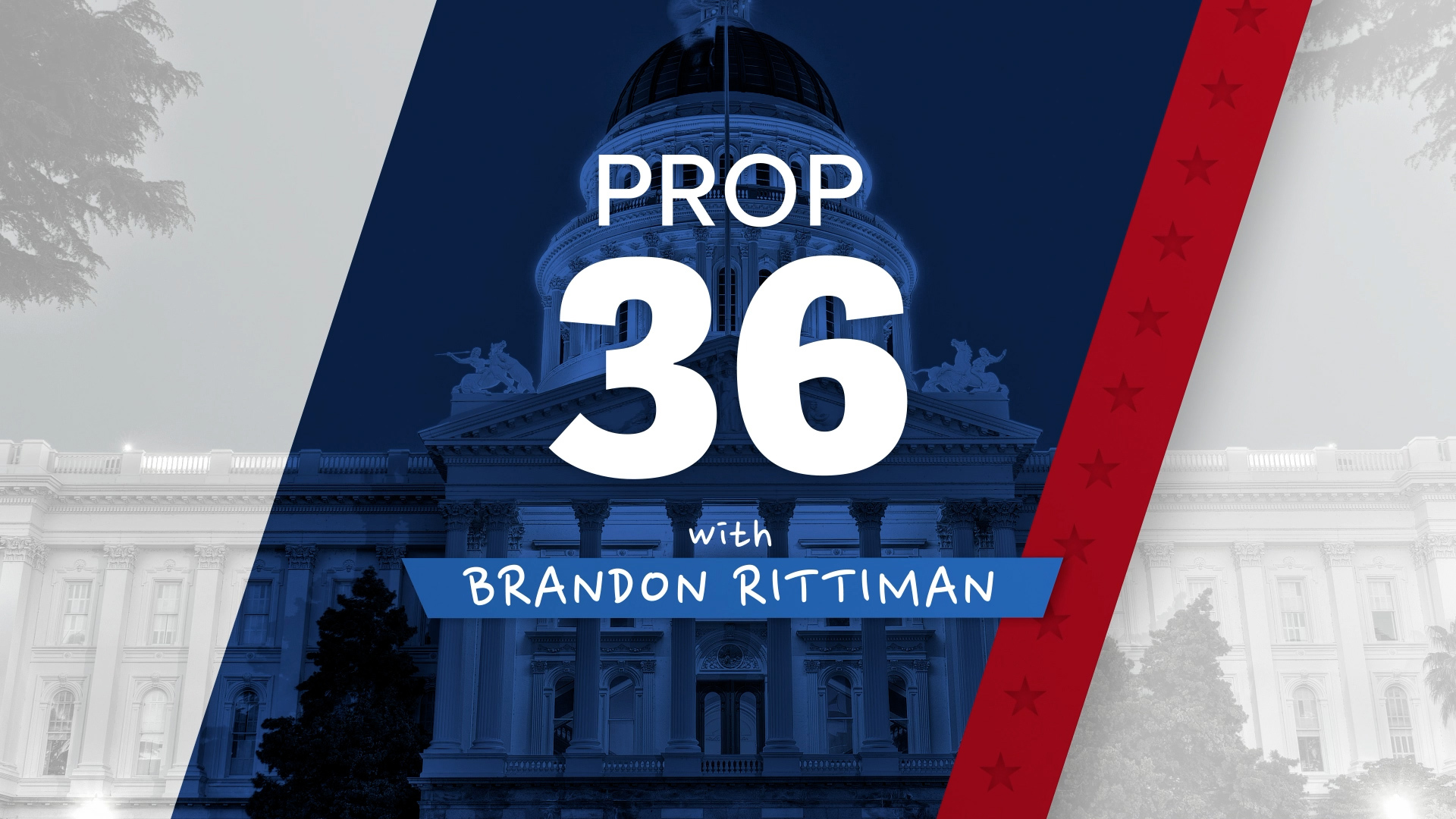SACRAMENTO, Calif. — California voters were deciding on 10 ballot measures including one that would turn some nonviolent crimes, like shoplifting, into felonies again, and another that would make the state’s minimum wage the highest in the nation.
► Watch Now: Live election coverage on ABC10+. The TV streaming app is available on Roku, Amazon Fire TV, Apple TV, Samsung and Vizio. Here’s how to download it for free.
PROPOSITION 36
Frustrated with what they see as rampant retail crimes, voters approved an initiative making shoplifting a felony for repeat offenders again and increasing penalties for some drug charges, including those involving the synthetic opioid fentanyl. The tough-on-crime ballot measure also gives judges the authority to order people with multiple drug charges to get treatment.
The measure partly rolls back a progressive law passed by voters in 2014 that downgraded several nonviolent crimes to misdemeanors, including theft under $950 in value and some drug offenses. The reversal reflects widespread anger among voters who are increasingly pinning the blame for homelessness and retail theft on criminal justice reform and progressive district attorneys.
It’s hard to quantify the retail crime issue in California because of the lack of local data. But many point to videos of large groups of people stealing in plain sight, such as at a boarded-up Nike store in Los Angeles after the Dodgers won the World Series last week, as evidence of a crisis.
Proponents said the initiative is necessary to close legal loopholes that have made it challenging for law enforcement to punish shoplifters and drug dealers. The measure will also help the state address the homelessness and drug crises, they said.
“It was clear to us in the last year that this is desperately needed for Californians,” said Anne Marie Schubert, co-chair of the coalition supporting the measure. “This is a resounding message that Californians are ready to have safer communities.”
Opponents, including Democratic state leaders and social justice groups, said it will disproportionately imprison poor people and those with substance use issues rather than target ringleaders who hire large groups of people to steal goods for resale online. The initiative will also take away drug and mental health funding that comes from savings from incarcerating fewer people.
“Voters wanted solutions, but they were sold a false promise,” said Tinisch Hollins, executive director of Californians for Safety and Justice, which co-authored the 2014 law. “With this initiative passing and potentially threatening hundreds of millions of dollars to stabilize those programs, we’re going to be a lot worse off than we were before.”



















